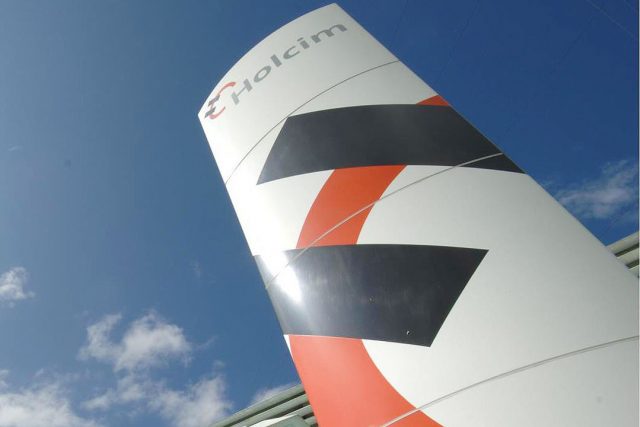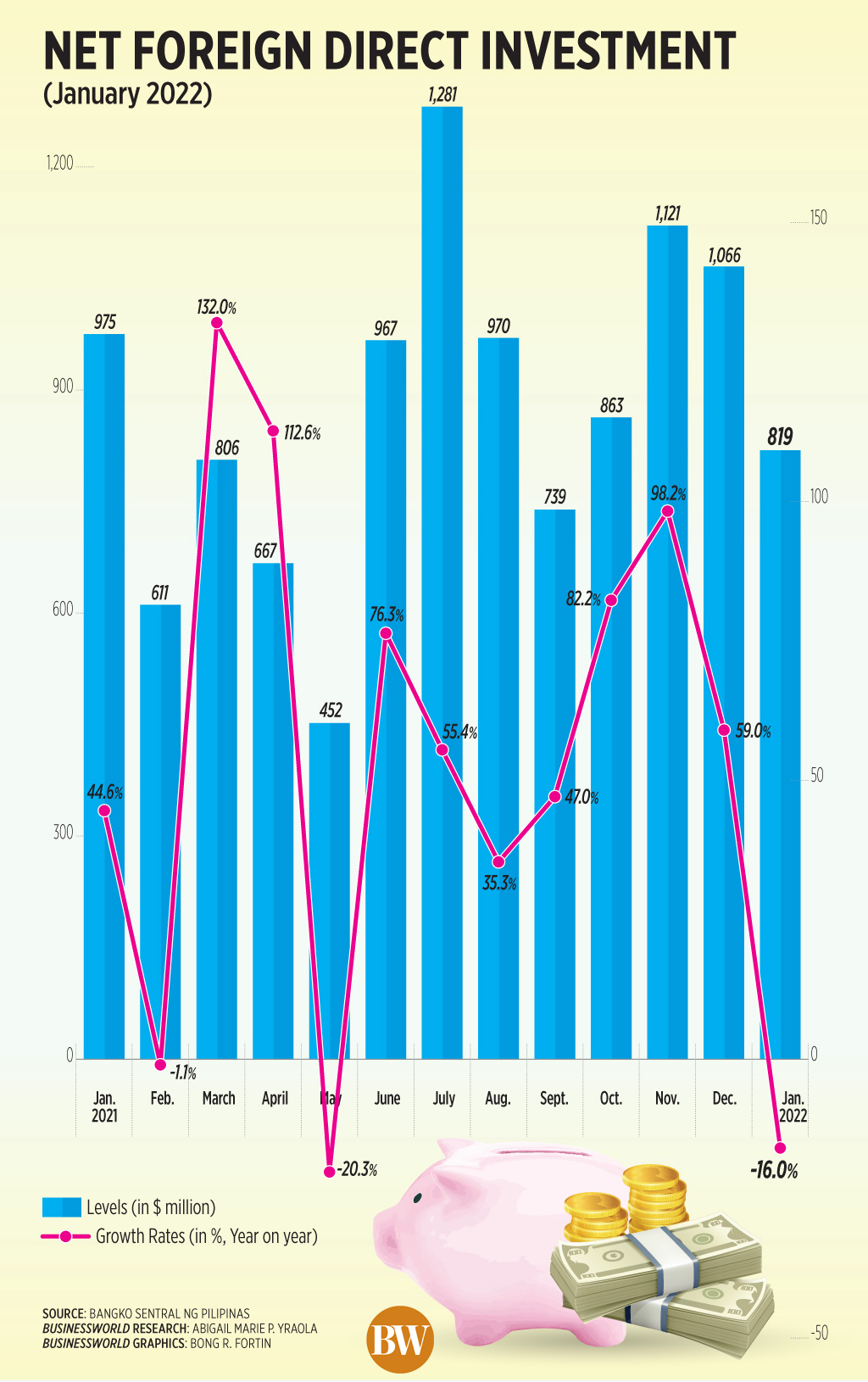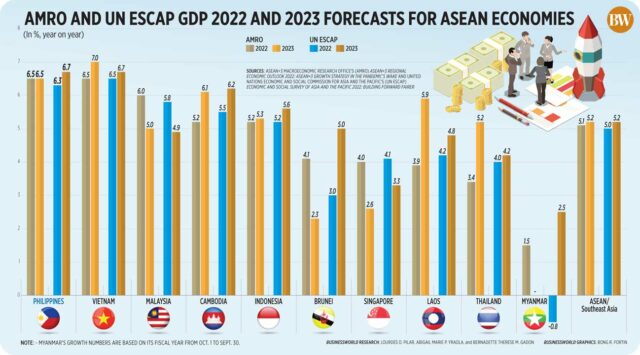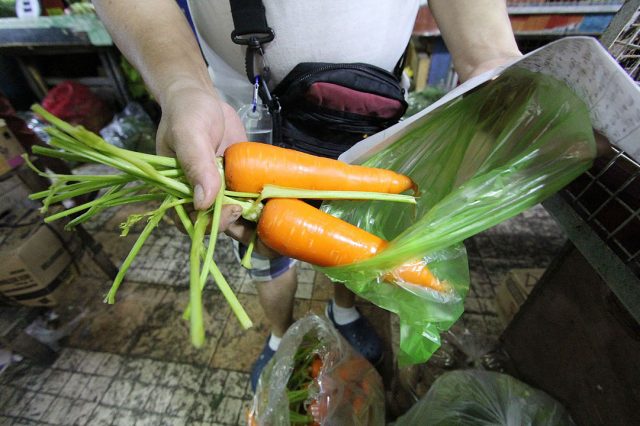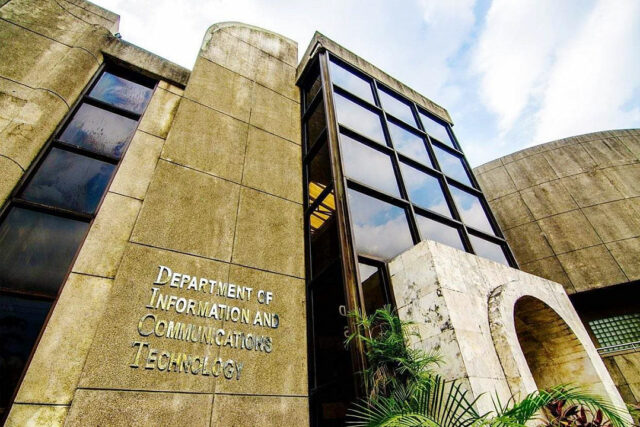A recent Social Weather Stations (SWS) national survey commissioned by the Pharmaceutical and Healthcare Association of the Philippines (PHAP) found that medicines ranked first as the most burdensome healthcare expense among Filipinos, followed by payment for doctor’s fees, laboratory fees, and hospital room.
The respondents ranked “guaranteed PhilHealth financial subsidy to cover full or a portion of medication expenses” as the most helpful way for Filipinos to obtain medicines, closely followed by “acquire free medications procured by the government from public hospitals, health centers and government pharmacies.”
A 2019 report published by the World Bank stressed that it is no longer plausible to argue that health spending is purely consumption, noting that high-performance health financing is an investment that benefits the economy in a number of ways.
One is by reducing poverty and inequity. Scaling up prepaid and pooled financing to reduce out-of-pocket payments (OOPs) can have a swift, substantial benefit for poverty reduction. With financial protection, people no longer need to sell assets or borrow to meet health payments. They conserve resources that they can then spend or invest in other ways.
Financial protection also allows the sick and poor to protect, maintain and improve their health and increase their earnings. As a result, income inequality falls. Financial protection also fosters consumption and competitiveness by freeing people from making precautionary savings and potentially stimulating expenditures on other goods and services.
The coronavirus disease 2019 (COVID-19) pandemic underscored the importance of strengthening health security through high-performance health financing. Investments in preparedness capabilities including surveillance, primary and community health workers, public-health laboratory networks, and information systems are essential to detect and mitigate infectious disease outbreaks before they spread out of control.
In addition to saving lives, investing in preparedness and early action to stop outbreaks also help prevent macro-economic shocks and much more costly emergency response efforts, the report stated.
ADEQUATE AND SUSTAINABLE
Titled “High-Performance Health Financing for Universal Health Coverage: Driving Sustainable, Inclusive Growth in the 21st Century,” the World Bank report warned that the majority of developing countries will fail to achieve their targets for health- and poverty-related Sustainable Development Goals (SDGs) unless they take urgent steps to strengthen their health financing.
“[Less than] a decade out from the SDG deadline of 2030, 3.6 billion people do not receive the most essential health services they need, and 100 million are pushed into poverty from paying out-of-pocket for health services,” the report said.
It underscored the strong evidence that progress towards UHC will spur inclusive and sustainable economic growth.
However, the report stressed that this will not happen unless countries achieve high-performance health financing, defined as “funding levels that are adequate and sustainable; pooling that is sufficient to spread the financial risks of ill-health; and spending that is efficient and equitable to assure desired levels of health service coverage, quality, and financial protection for all people — with resilience and sustainability.”
The report noted that the total per capita health spending from all sources is very low in developing countries, averaging $40 in low-income countries, $135 in lower middle-income countries, $477 in upper middle-income countries.
“Part of this low spending is because many developing countries allocate relatively small shares of total government spending to health — levels that are inadequate to support coverage with essential quality health services for all,” it said.
Total per capita health spending from all sources in high-income countries is $3,135.
As a result of low levels of government spending, OOPs constitute a large share of health expenditures in developing countries, amounting to more than half a trillion dollars or $80 per capita annually.
OOP spending is the expense for medical care that families pay directly from their own money or savings. These payments deter people from using needed health services, and push others into poverty or trap them once there, the report stated.
In the Philippines, government share in health spending (45.7% in 2020) is significantly lower compared to those of some ASEAN neighbors and developed countries. The share of Filipinos’ household OOPs in current health expenditure (CHE) is still among the highest (44.7% in 2020) in the region.
Teodoro B. Padilla is the executive director of Pharmaceutical and Healthcare Association of the Philippines (PHAP), which represents the biopharmaceutical medicines and vaccines industry in the country. Its members are at the forefront of research and development efforts for COVID-19 and other diseases that affect Filipinos.




